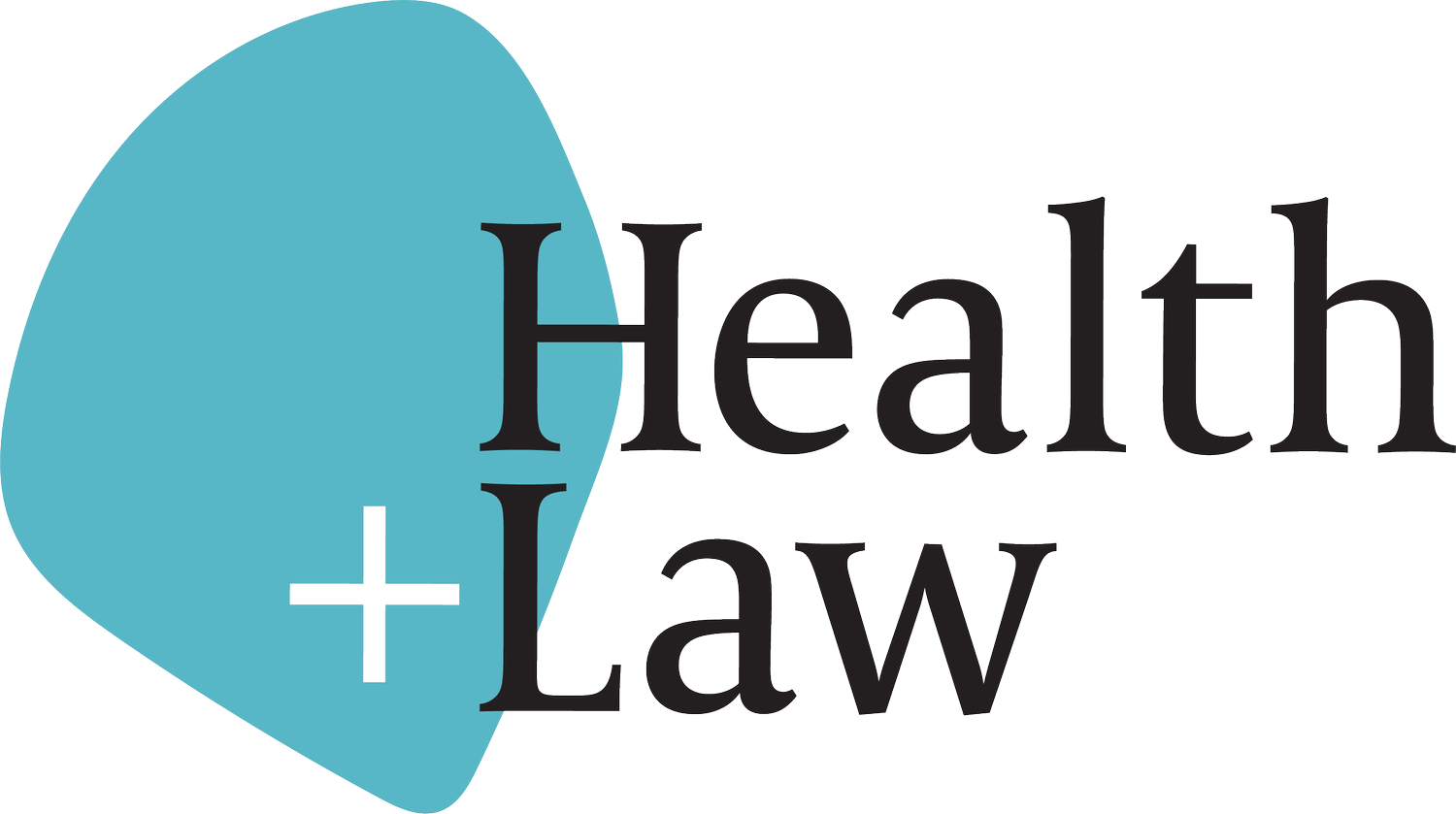Mandatory Testing Laws in New South Wales – Ombudsman’s Report Indicates Laws are Not Working
Just as the parliament of South Australia looks to expand its existing mandatory disease testing scheme, a recent NSW Ombudsman’s report has questioned the effectiveness and suitability of a similar scheme in New South Wales.
The NSW Ombudsman tabled a report in early February updating the NSW Parliament on the first 18 months of the implementation of the Mandatory Disease Testing Act 2021 (NSW). The Act, which came into effect in July 2022, made New South Wales the fifth jurisdiction in Australia to legislate mandatory blood testing of an individual in circumstances where ‘bodily fluids’ have come into contact with public service workers such as police, corrective services and emergency service workers. The objective of the Act was to allow for the mandatory testing of a person where, as a result of a deliberate action by that person, there is a risk to the worker of contracting a blood-borne infection.
The report found that, during the period under examination, the majority of applications for mandatory testing submitted were made by workers following incidents of spitting and biting where there was ‘no real risk of transmission of a blood-borne disease to the worker’. The NSW Ombudsman questioned whether the Act ‘should be continued at all’, recommending that the government evaluate whether the resources used to implement the scheme should instead be directed toward improving ‘avenues of advice and support directly to front-line workers who become exposed to bodily fluids in the workplace’.
Last year, Health+Law authored a Brief on Blood-Borne Virus (BBV) Infection via Spitting or Biting. The brief summarises current international clinical and scientific literature about the transmissibility of blood-borne viruses such as HIV, hepatitis B and hepatitis C through spitting or biting, which ranges from very low in some circumstances through to zero, or untransmittible. Our brief was developed to address misinformation and misunderstanding around the risks of blood-borne virus transmission through saliva.
During the Mandatory Disease Testing Act’s public consultation process, significant concerns about and objections to the legislation were raised in submissions from community organisations, healthcare professionals, researchers and individuals. These concerns included:
The lack of scientific and clinical evidence to support the implementation of mandatory disease testing schemes
The lack of any evidence that mandatory testing promotes the health and wellbeing of workers
That the legislation contributes to misinformation and misunderstanding about the transmission risk of blood-borne viruses
The disproportionate impact of mandatory disease testing on populations such as Aboriginal and Torres Strait Islander people who already interact with the criminal justice system at disproportionate rates, and
The use of undue pressure on individuals to obtain consent for testing.
Many of these concerns have been realised and are now reflected in the NSW Ombudsman’s report.
For example, references in the Act to the fact that a worker must be ‘at risk’ of contracting a blood-borne virus indicate that an assessment of transmission risk is required when determining the need for a mandatory disease test. The legislation requires that such an assessment include consultation of guidelines developed by the NSW Chief Health Officer. The Guidelines outline similar findings to Health+Law’s Spitting and Biting Brief.
Unfortunately, in practice, the assessments performed under the Act do not reflect the guidelines or the current international consensus on transmission risk. As the Ombudsman’s report states:
The [NSW Chief Health Officer’s] guidelines provide that there is no risk of transmission unless the bodily fluid (for example, that which is being spat) is blood or contains ‘visible blood’ and it comes into contact with the broken skin, mouth or eyes of the worker. This means that 87 applications made during the reporting period involved contact incidences in which there was no real risk of transmission of a blood-borne disease to the worker. (emphasis added)
Additionally, the NSW Ombudsman did not find any evidence that the Act was improving the health and wellbeing of workers, despite this being among its objectives. Instead, the Ombudsman reiterated the concerns of multiple stakeholders, which was that the Act ‘may be contributing to misinformation and misunderstanding’ among public service workers about the transmission risk of blood-borne viruses, which may, in turn, be amplifying their stress. In this sense, the Act may be undermining its own aims.
The NSW Ombudsman’s report indicates that coercive measures, such as mandatory testing, are not effective at addressing the underlying concerns of workers, and have a disproportionate, negative impact on people from communities that are already disproportionately exposed to the criminal legal system. While limited to considering the implementation of the law in New South Wales, the report is the first comprehensive review conducted by an Ombudsman into any Australian mandatory disease testing scheme, and therefore it raises concerns about schemes in other jurisdictions.
In South Australia, the state parliament is currently looking to expand their own mandatory disease testing legislation without the benefit of a similar independent review or public submissions process. Introduced in 2016, South Australian mandatory testing law lacks many of the procedural protections found in New South Wales, such as the requirement to assess whether there is an actual risk of transmission of a blood-borne virus to a frontline worker.
The NSW Ombudsman’s findings highlight a need for law reform in New South Wales, while further intervention is required to dispel the misperception that BBV transmission can occur via saliva. The report also demonstrates the importance of independent review and oversight functions for schemes like these.
Further Reading:
Health+Law’s spitting and biting brief
The New South Wales Ombudsman’s Report
Public submissions to parliament about the NSW Mandatory Disease Testing Bill (2020)
Illustration by MOMO Studio on Unsplash


